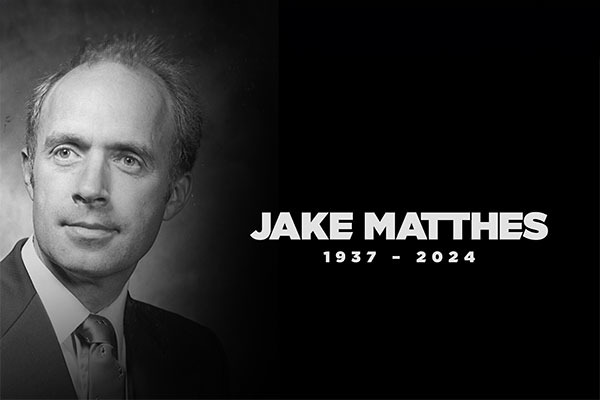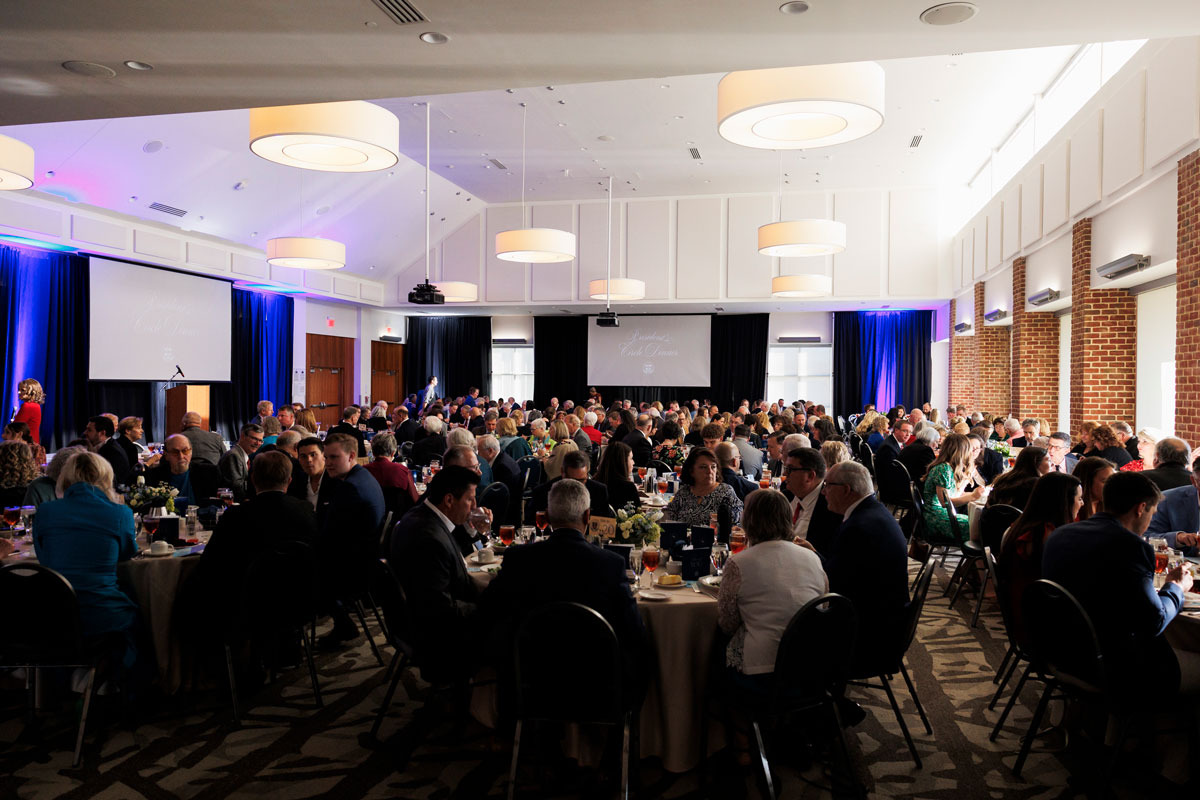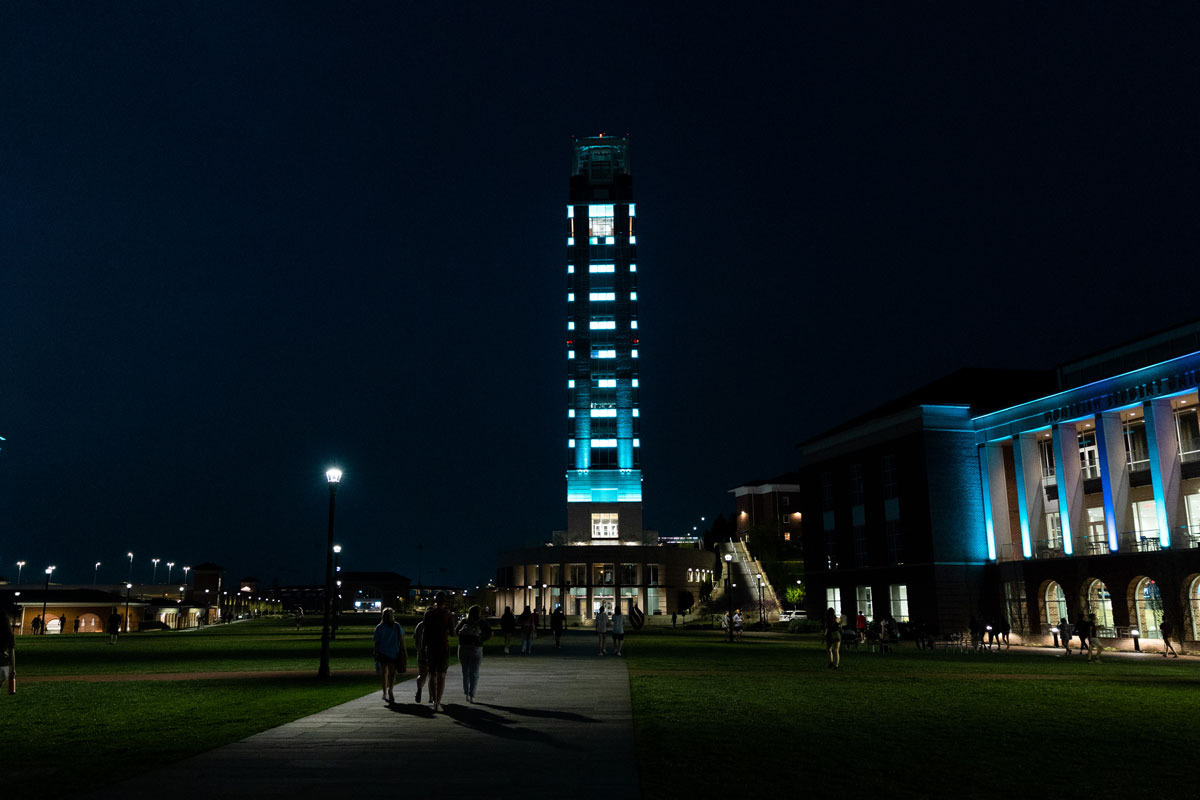Search News Archives
Filter News Articles
Additional Navigation
Liberty University lends ventilators to local hospital; new respiratory therapy program continues to meet healthcare needs
April 8, 2020 : By Ted Allen - Liberty University News Service
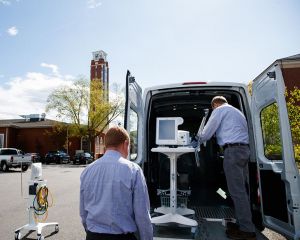
Liberty University’s respiratory therapy program, which launched this past fall, is lending two mechanical ventilators to Centra Health for use at Lynchburg General Hospital, where cases of COVID-19 have increased in recent weeks.
Dr. Brian Walsh, the program’s director, said the two ventilators are state-of-the-art machines worth an estimated $30,000.
“We purposely purchased ventilator equipment to train our students on that they would see and use during their clinical rotations,” he said. “The Liberty University administration has been very supportive in allowing us to help in this time of need.”
In a media advisory, Centra said the donation is “much needed medical equipment in the event we exceed our ventilator capacity.”
According to news reports, as of Tuesday, Lynchburg General was treating 13 patients confirmed to have COVID-19, with seven of those requiring ventilators in the hospital’s intensive care unit.
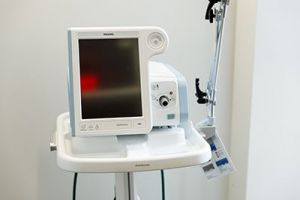 The ventilators from Liberty’s respiratory therapy laboratory are available due to government restrictions in response to COVID-19 that prevent Walsh and his staff from training students in person, with classes being moved to an online format.
The ventilators from Liberty’s respiratory therapy laboratory are available due to government restrictions in response to COVID-19 that prevent Walsh and his staff from training students in person, with classes being moved to an online format.
“Liberty’s respiratory therapy program is attempting to do our part to be a good and helpful partner within the community in these trying times,” Walsh said.
In addition to equipment, Walsh said his department is prepared to assist in other ways. Over the past two weeks, he and his staff have already been providing online training to area medical personnel on operating ventilators and producing short videos that can be accessed with smartphones through QR codes labeled on the machines in Centra’s healthcare facilities.
“All of our faculty are licensed in Virginia to practice respiratory therapy, and we stand ready to serve the community,” he said.
Now, Walsh is turning his attention toward helping the American Heart Association develop interim guidelines for Pediatric Advanced Life Support and Adult Cardiac Advanced Life Support specific to those suffering from COVID-19.
“These guidelines help provide much needed support for front line health care workers during the pandemic,” he said.
An article accompanying a CNN segment that aired on Tuesday discussed the essential role of the respiratory therapist in treating COVID-19 patients. While ventilators are regularly used to aid the breathing of infants born prematurely with underdeveloped lungs as well as adults recovering from heart attacks or dealing with chronic asthma or obstructive pulmonary disease (COPD), the story noted that the coronavirus presents an array of issues respiratory therapists must monitor. COVID-19 affects the lungs and can lead to pneumonia, shortness of breath, and even acute respiratory distress syndrome (ARDS), which is often fatal.
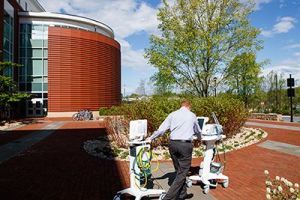
Walsh said the COVID-19 pandemic has shown how critical the shortage of respiratory therapists has become in the United States.
“Our healthcare system is stressed on a good day, and it is tested that much more during a pandemic,” he said. “This disaster is demonstrating the cracks in our healthcare systems. Liberty is trying to help train well-prepared nurses, physicians, and now respiratory therapists (to become) leaders in healthcare.”
The U.S. Department of Labor predicts a larger than average growth in the field of respiratory therapy due to the complexity of cases involving heart and lung diseases. Walsh said advances in therapies require properly trained healthcare workers to know when, how, and how long to use them.
“The success of ventilator therapy is not only related to advancements in the technology, but also in theory and training of those charged with maintaining patients on ventilators — the respiratory therapists,” he said.
The Bachelor of Science in Respiratory Therapy and online post-licensure RRT to BSRT degrees offered under Liberty’s Department of Allied Health Professions received provisional accreditation through the Commission on Accreditation for Respiratory Care (CoARC) last summer. The American Association for Respiratory Care (AARC) has proposed that professional respiratory therapists have the BSRT and RRT credential as the minimum education and competency to enter the workforce by 2030.
